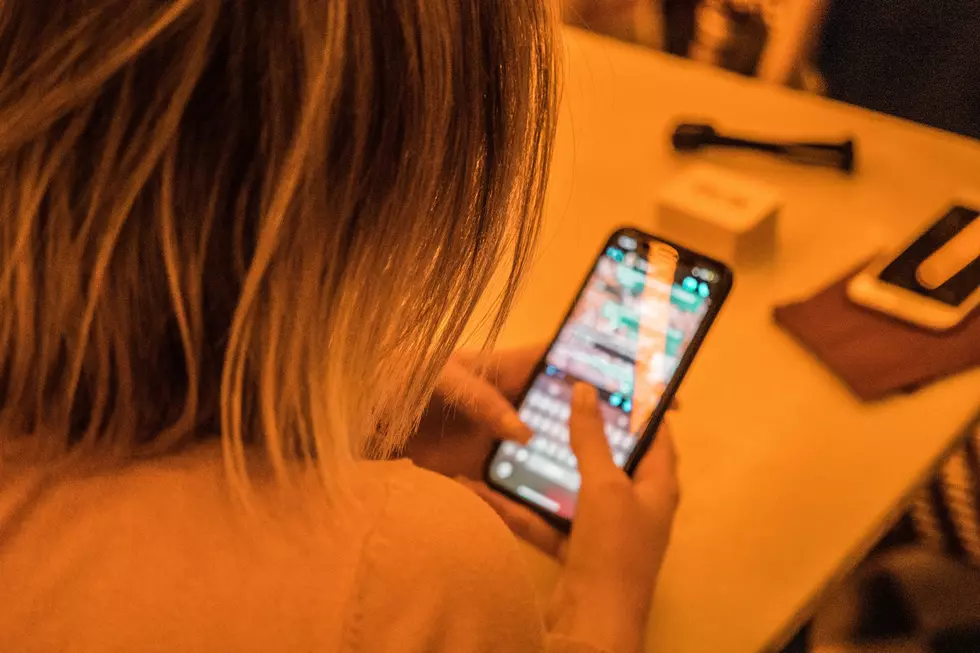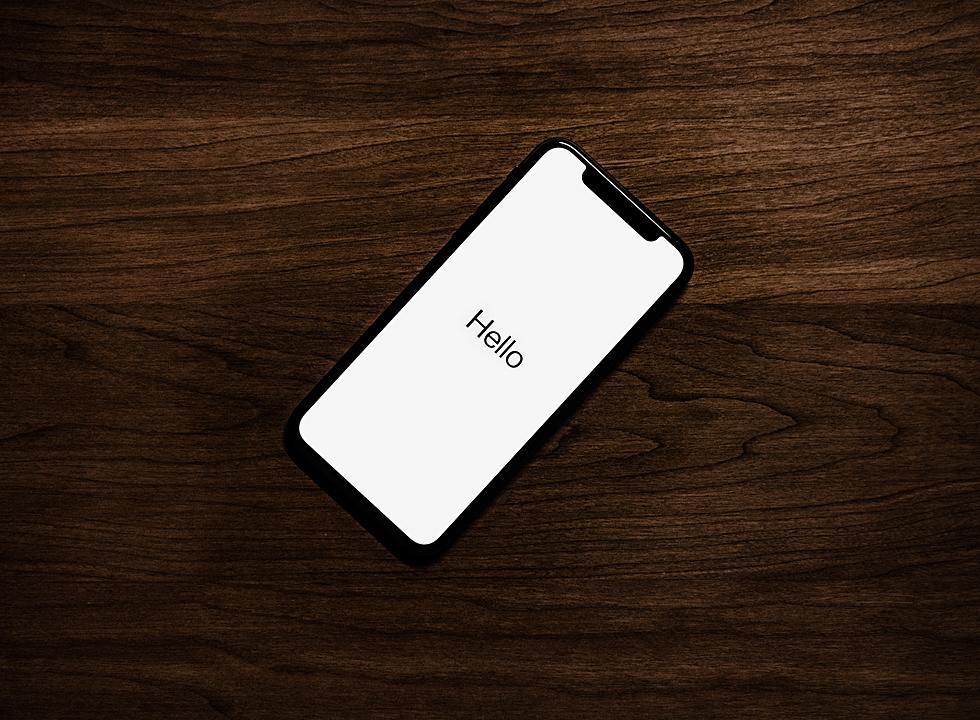Teens Talking Less, Texting More [AUDIO]
Teens prefer to pick up their cell phones and text before dialing a number and talking. The volume of texting among teens has risen from 50 texts a day in 2009 to 60 a day.
"Sixty texts per day is a lot of communication," said Rutgers Sociology Professor Deborah Carr. "It only becomes a problem if it is replacing actual face time. If it's being used to facilitate meetings in person, then it can actually be a good thing."
But, when teens text, they often shorten their sentences, use abbreviations and many of their phones have auto-correct features which corrects any misspellings.
"One unexpected consequence is that the quality of writing of young people may take a real hit," said Carr. "Talking on the phone is way down too, which could be problematic because young people really need to learn how to articulate their thoughts in a sensible way by speaking."
"One other potential problem is the expectation for immediacy," said Carr. "People who text expect an answer instantaneously and the work world isn't necessarily like that. In fact, the real world isn't necessarily like that. So, this belief that if someone sends a message they're going to get a reply immediately, that might be setting people up for false expectations."
On the up side, texting has given parents constant communication with their children. "Back in the 80s, when we were in college, we'd have that Sunday afternoon phone call with our parents. Today, teenagers from high school all the way up through college are in touch with their parents constantly because it's so easy to do through texting," said Carr. "It also helps parents keep tabs on what their children are doing and that's a good thing."
More From New Jersey 101.5 FM









